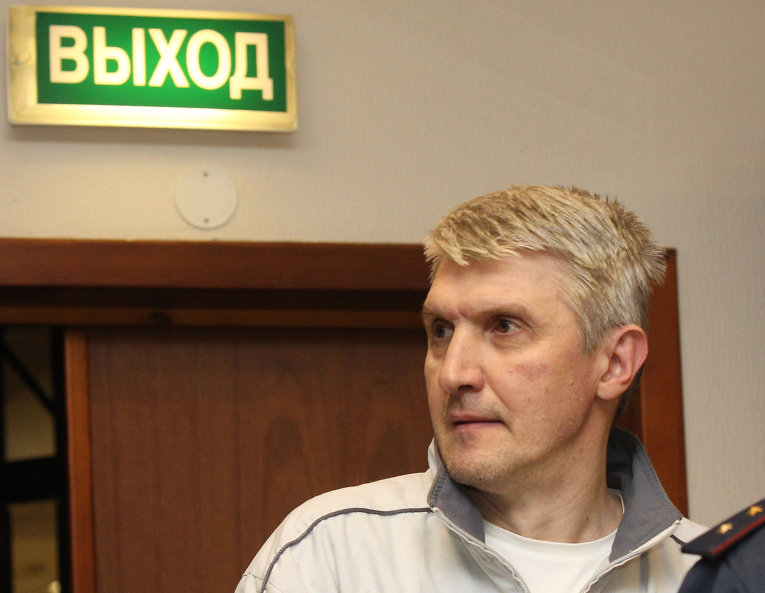MOSCOW, December 4 (RAPSI) - Platon Lebedev, YUKOS CEO Mikhail Khodorkovsky's business partner, has lodged with the Supreme Court a supervisory appeal challenging the denial of his bid for parole, Khodorkovsky's press office said Wednesday.
In July 2011, Velsk District Court Judge Nikolai Raspopov rejected Lebedev's parole application. The Arkhangelsk Regional Court has reviewed the case five times since then.
In March, the Arkhangelsk Regional Court's presidium denied Lebedev's parole appeal.
In so holding, the court presidium upheld the order of the lower courts that held against releasing him on parole. It also excluded the reference to Lebedev's refusal to confess to the crime from an order of the Velsk District Court.
In his appeal, Lebedev asked the Supreme Court to reverse the decisions of the Arkhangelsk Region's courts as illegal and unjustified.
In 2010, a Moscow district court sentenced Khodorkovsky and Lebedev to 14 years in prison for oil theft and money laundering. They were expected to be released in 2017, taking into account the time that they had already served for their convictions from their first trial in 2005, when they were sentenced to eight years in prison for fraud and tax evasion. However, on May 24, 2011, the Moscow City Court reduced their sentences by one year.
Then last year, the Moscow City Court reduced the sentence again from 13 to 11 years.
Khodorkovsky and Lebedev have asked the Supreme Court to overturn all previous court decisions as illegal and unjustified, and to grant their immediate release.
The defense team filed for a supervisory appeal in February 2012.
On August 6, the Supreme Court held that the sentences of Khodorkovsky and Lebedev should be lowered to 10 years and 10 months, thus partially satisfying their requests on supervisory appeal.
The European Court of Human Rights (ECHR) in Strasbourg earlier held that the charges filed against Khodorkovsky and Lebedev were brought in accordance with the law, but that their rights had been violated in connection with the court proceedings and their placement in remote Siberian penal colonies.



